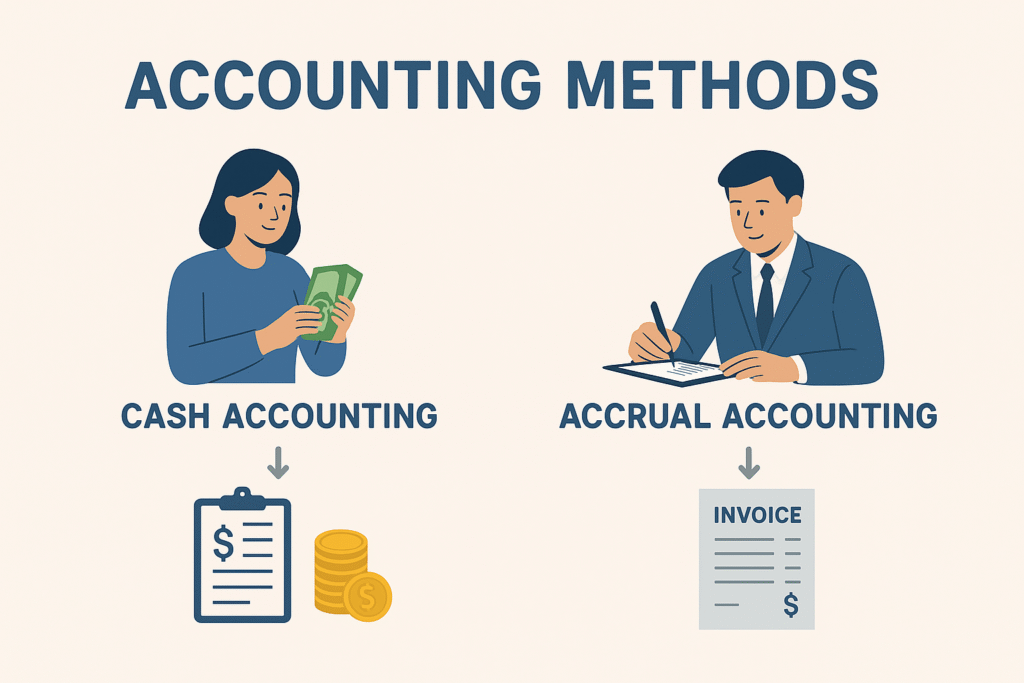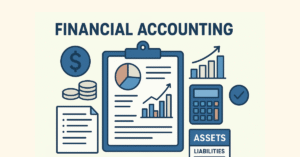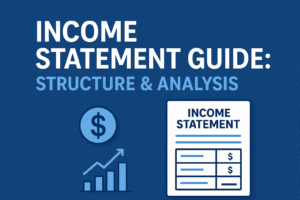Choosing the right accounting method is one of the most important financial decisions for any business. It determines when you record income and expenses, how your profits appear, and even how much tax you owe. From the straightforward cash method to the more precise accrual method, each approach has unique advantages, compliance rules, and financial impacts. This guide breaks down accounting methods in detail, explaining how they work, IRS requirements, and when each is most suitable—helping you make an informed choice for your business.
What Is an Accounting Method?
An accounting method is a set of rules and procedures that a business or individual uses to record and report financial transactions. It dictates when income and expenses are recognized in the books and on tax returns.
In simple terms, it answers two key questions:
- When do I count money as earned or spent?
- How do I match income with expenses in the right reporting period?
Accounting methods are more than just bookkeeping techniques—they have tax implications, financial reporting requirements, and compliance considerations with authorities like the IRS. Choosing the right method affects how your profits look, how taxes are calculated, and how stakeholders interpret your financial health.
Understanding an Accounting Method
Accounting methods form the foundation of financial recordkeeping. They are not one-size-fits-all—different industries, company sizes, and tax rules influence which method should be used.
A proper accounting method ensures:
- Consistency: Financial records are prepared using the same rules each period.
- Comparability: Investors, tax authorities, and management can compare financial data over time.
- Compliance: Businesses meet the requirements set by the IRS or other governing bodies.
The IRS requires taxpayers to choose an accounting method when filing their first tax return and generally continue using it unless they formally request a change through Form 3115 (Application for Change in Accounting Method).
Types of Accounting Methods
There are three main categories of accounting methods:
- Cash Accounting – Records income and expenses only when money changes hands.
- Accrual Accounting – Records income and expenses when they are earned or incurred, regardless of payment.
- Hybrid Accounting – Combines elements of both cash and accrual methods.
Let’s explore each in detail.
What Is Cash Accounting?
Cash accounting is the simplest method and is often used by small businesses and sole proprietors.
How it works:
- Income is recorded when you receive cash, checks, or electronic payments.
- Expenses are recorded when you pay them.
Example: If you send an invoice in December but receive payment in January, the income is recorded in January under cash accounting.
Advantages:
- Easy to maintain and understand.
- Reflects actual cash flow, making liquidity tracking simple.
- Ideal for small businesses that operate on a pay-as-you-go basis.
Disadvantages:
- Doesn’t show money owed to you or debts you owe.
- May not give an accurate picture of profitability in a given period.
What Is Accrual Accounting?
Accrual accounting records income when earned and expenses when incurred, regardless of payment timing.
How it works:
- If you provide services in December and invoice the client, income is recorded in December even if you’re paid in January.
- Expenses are recorded when you receive goods/services, not when you pay for them.
Advantages:
- Gives a more accurate view of financial performance.
- Matches income with related expenses in the same period.
- Required by GAAP (Generally Accepted Accounting Principles) for most medium-to-large businesses.
Disadvantages:
- More complex than cash accounting.
- May require tracking accounts receivable and accounts payable.
Can You See an Example of an Accounting Method?
Yes. Let’s take a simple scenario:
A consulting firm completes a project worth $10,000 on December 28, 2024, but receives payment on January 15, 2025.
- Cash Accounting: Reports the $10,000 as income in January 2025.
- Accrual Accounting: Reports the $10,000 as income in December 2024.
This difference can shift taxable income between years, affecting tax liability.
What Do the 2 Primary Accounting Methods Report?
Both methods aim to report financial performance, but the timing of recognition changes what they show:
- Cash Accounting Reports:
- Actual cash inflows and outflows.
- Immediate impact on liquidity.
- Accrual Accounting Reports:
In short, cash method tells you what’s in the bank, accrual method tells you what you’ve earned/spent.
What Does the IRS Require for Accounting Methods?
The IRS has specific rules:
- Most small businesses (average annual gross receipts of $30 million or less for the prior three years) can choose cash accounting.
- Larger businesses and those with inventory generally must use accrual accounting.
- Taxpayers must use the same method for both income and expenses.
- Once chosen, the method must be consistently applied unless the IRS approves a change.
Can a Hybrid of the 2 Primary Accounting Methods Be Used?
Yes. The hybrid accounting method blends cash and accrual rules.
How it works:
- Certain transactions follow the cash basis (e.g., expenses).
- Others follow the accrual basis (e.g., sales revenue).
Example: A business may record sales when earned (accrual) but record expenses when paid (cash).
The IRS allows hybrid accounting only if it clearly reflects income and is applied consistently. Businesses often use it when they want the accuracy of accrual for revenue but the simplicity of cash for expenses.







